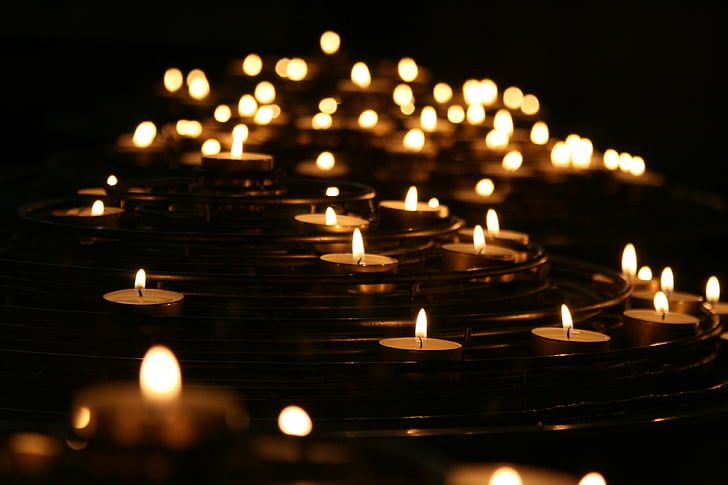If the animal soul is neglected, as required to follow the pursuits of the godly soul, how will this affect the psyche? The soul may be nourished by the righteousness that ensues on the derech (path), when it applies itself to study and prayer. Yet, the resistance from the animal soul may manifest in unpleasant feelings, because it is being deprived of its way upon the person. So, there is the soul, with all of its attributes, divided into the godly soul, and animal soul. Yet, these two are part of the whole. Therefore, both affect the person, within the framework of mind, body, and spirt.
In a sense, the distaste that the animal soul has for things spiritual may show up as negative emotions, that wear upon the person. Is this a sign that something is wrong with the person? On the contrary, it is like the feelings and discomfort we have when fasting on Yom Kippur. We are fasting for the sake of our soul; yet, the accompanying unpleasantness of the fast are a sign that it is working, like purifying us from the dross, until we are refined.
So even that well know adage from the secular world of exercise applies: no pain, no gain. If G-d made all things holy, wholly pleasant to the soul, without any resistance from the yetzer hara (stemming from the animal soul), then it would be easy to do good, and what reward could there be for that? Rather, because of the challenges and difficulties that oppose our endeavors to follow the path of righteousness, we are rewarded, both in this life, and the World to Come.


